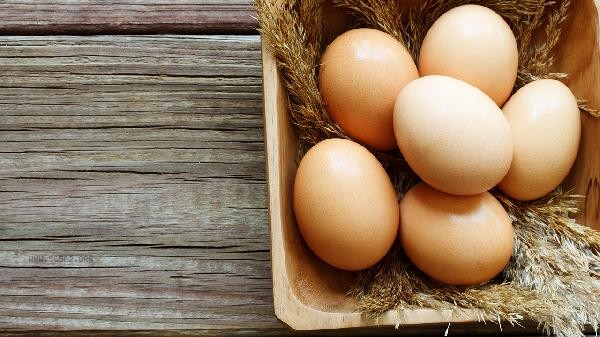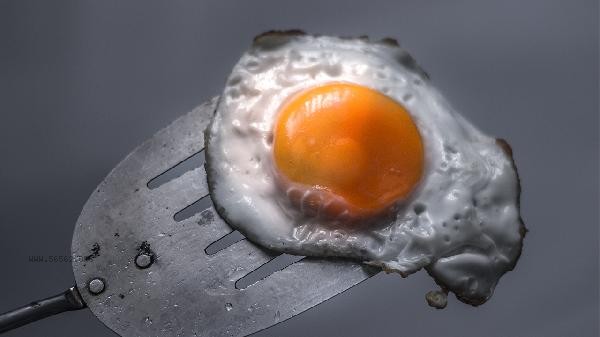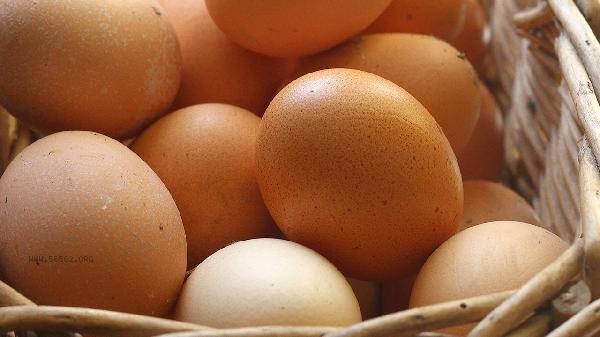The difficulty in peeling eggs is usually related to factors such as the adhesion of the eggshell membrane, the freshness of the eggs, and the cooking method. The main reasons include abnormal acidity and alkalinity of egg white, short storage time of eggs, improper cooling after cooking, uneven thickness of eggshells, and improper control of cooking water temperature.

1. Abnormal acidity and alkalinity of egg white
Fresh egg white is weakly alkaline and gradually becomes neutral with prolonged storage time. When the acidity or alkalinity of egg white is abnormal, the adhesion between the eggshell membrane and protein is enhanced. Eggs that have been stored for about a week are easier to shell, while fresh eggs that have just been produced are more difficult to shell.
2. Short storage time of eggs
Fresh eggs within 24 hours after laying have a strong binding force between the inner membrane of the eggshell and the protein. Properly storing eggs for 3-5 days to form an air chamber can reduce the adhesion between the membrane and the protein. The eggs purchased from supermarkets usually have completed this process, and farmers should pay attention to the storage time when picking up eggs.
3. Improper cooling after cooking
Boil eggs in boiling water and immediately rinse with cold water. The temperature difference will cause the eggshell and protein to shrink differently, forming peeling gaps. Naturally cooled eggs undergo simultaneous thermal expansion and contraction, causing the shell film to easily adhere to the protein. Suggest soaking in ice water for 2 minutes after cooking before peeling the shell.

4. Uneven thickness of eggshells
Uneven calcium deposition can lead to local thinness of eggshells, and protein in the thin shell can easily penetrate into the gaps of the shell membrane during cooking. Choose eggs with a smooth surface and uniform thickness, and avoid purchasing individuals with uneven or discolored shells. Brown shell eggs are usually easier to completely peel off than white shell eggs.
5. Improper control of boiling water temperature
Eggs cooked in cold water are heated evenly, and the protein coagulation process is more complete. Boiling water in a pot may cause sudden cracking of eggshells, leading to protein leakage and increased adhesion. It is recommended to completely submerge the egg with water, heat it over medium heat until boiling, and then reduce the heat to low heat and cook for 8-10 minutes.

To improve the peeling experience, eggs that have been stored for 3-7 days can be selected. Before cooking, use a needle to puncture a small hole at the blunt end of the eggshell to release internal pressure, and add a small amount of white vinegar to soften the eggshell membrane during cooking. When peeling, start from the gas chamber end and strip along the natural gap between the eggshell membrane and the protein. Eggs are rich in high-quality protein and phospholipids, and it is recommended to consume 3-5 per week. Pay attention to pairing with vegetables rich in vitamin C to promote iron absorption. There is no need to overly focus on the color of eggshells, as it is not directly related to nutritional value. The focus should be on freshness indicators such as egg yolk color and protein transparency.









Comments (0)
Leave a Comment
No comments yet
Be the first to share your thoughts!